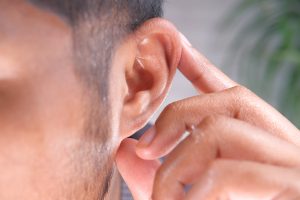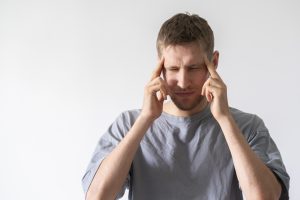Almost everyone knows how important it is to give you hearing at protect, especially if you are regularly exposed to noise. Especially if you work in a high-noise environment, you run an extra great risk.
It is essential to protect your ears from potentially harmful sound levels to prevent hearing loss and other hearing problems. In this article, we discuss the do's and don'ts To protect your hearing.
The Do's of hearing protection
1. Wear hearing protection
4. Hearing protection is an effective way to protect your hearing from harmful sounds. There are different kinds hearing protection available, including earplugs, earmuffs or perhaps the best choice: otoplastics.
Make sure you choose the right hearing protection to suit your needs and the noise levels you are exposed to.
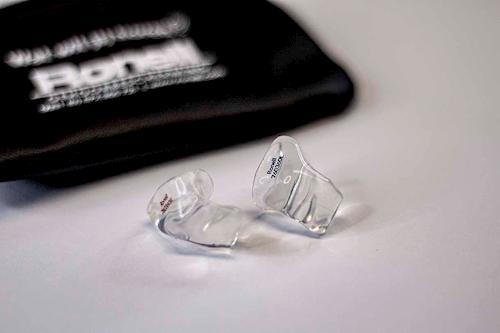
2. Limit noise exposure
Try your noise exposure at limit by avoiding or reducing noise sources. For example, if you work in a noisy environment, try to take as many breaks as possible and reduce noise exposure. Since this is not always possible, you should still consider getting professional hearing protection measured.
3. Keep the volume low
This seems obvious, but many people still listen to music and other audio on a too high a volume. Make sure you set the volume to a safe level keeps to protect your hearing. At loud music, or work in a lawkward space it is wise to tone down the source of the noise or move away.
3. Get your hearing checked regularly
Regular hearing checks can help detect hearing loss early. This way, you can take timely action to prevent further damage to your hearing. In many cases, hearing damage is irreversible. Hence we want to stick to the credo anyway: Prevention is better than cure.
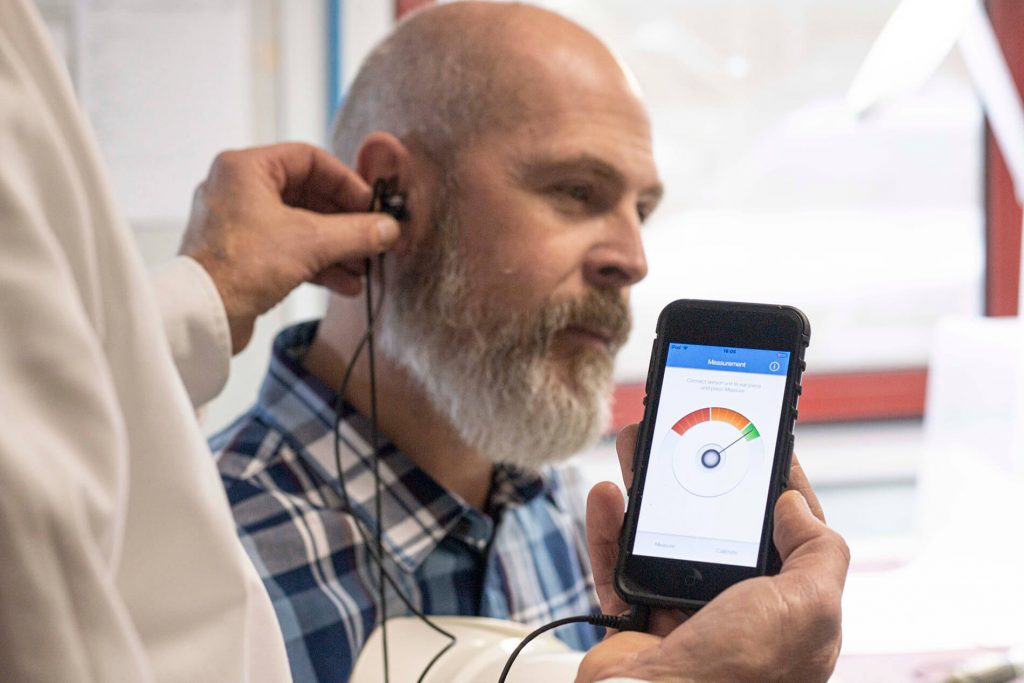
4. Take regular rest for your ears
Give your ears a regular rest, especially if you are regularly exposed to noise. Take breaks and give your ears time to recover.
The Don'ts of hearing protection
1. Don't listen to music at too high a volume
This is one of the biggest culprits for hearing loss. When listening to music, make sure the volume is not too high.
2. Don't use cotton swabs to clean your ears
Many people use cotton buds to clean their ears, but this may be the earwax deeper in your ear pushing and the risk of infections increase.
3. Avoid loud noises
Avoid loud noises such as fireworks, sirens and other sounds that can be harmful to your hearing. On the shop floor you cannot always avoid unexpected loud bangs or pops. Wearing hearing protection ensures the right filtering of (unexpected) loud noises.
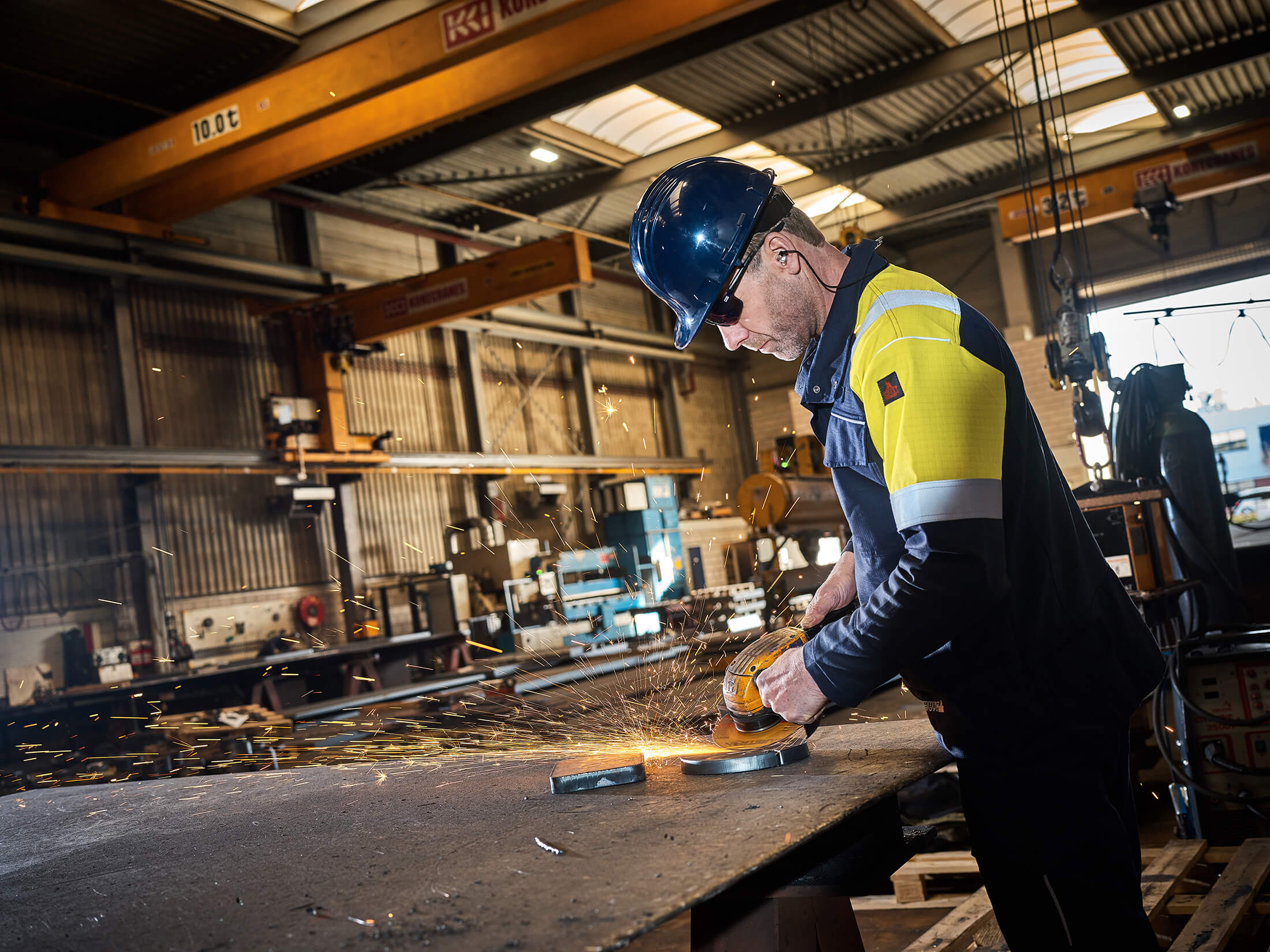
4. Do not use hearing protection in the wrong way
It is important to use hearing protection properly. For example, if you use earplugs, make sure you place them properly in your ears to get a good seal.
Are Otoplastics the best hearing protection?
As experienced hearing protection specialists, we can confidently say that otoplastics offer the best hearing protection.
The biggest advantage of otoplastics is that they are custom are made to fit perfectly in the ear canal and maximum protection offer against harmful noises. In addition, otoplastics are comfortabel to wear and cause them no irritation or pressure on the ear, as some other hearing protection products can do. Nowadays, there are otoplastics with bluetooth or communication solutions, allowing even communicate well possible.
Another advantage is that otoplastics reusable are and can be easily cleaned, making them a cost-effective and eco-friendly solution are for long-term hearing protection.
At Ronell, we have extensive experience in custom-made otoplastics and offer different models and materials to meet our customers' needs.

